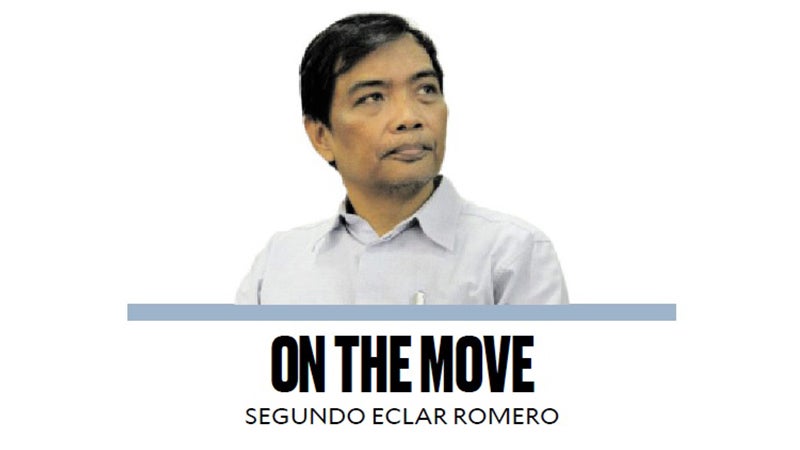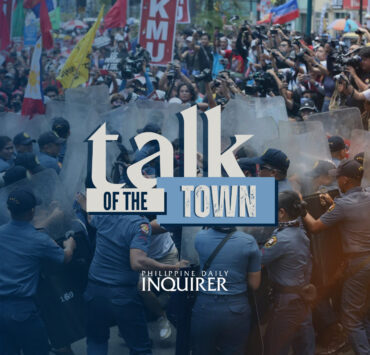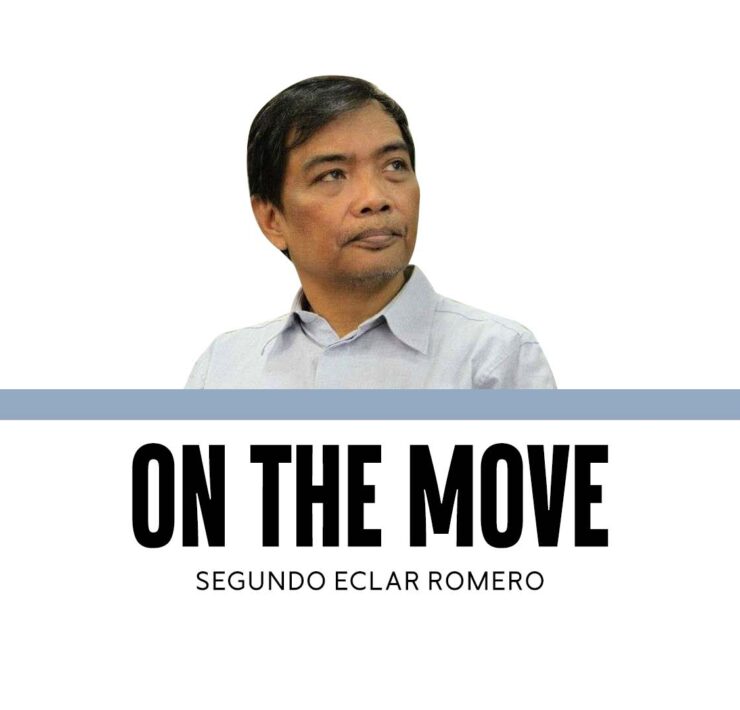Building the next generation of leaders

At the start of the month, I was in Baguio for the National Patriot-Scholars Congress 2024, attended by over 500 Department of Science and Technology-Science Education Institute (DOST-SEI) scholars who have joined various sessions of the Scholars Leadership Camp throughout the year. I was asked to speak on “Building the Next Generation of Leaders.” I have been engaged in the Patriot-Scholars Project since its inception in 2017, starting with the first four-day Patriot-Scholars Program in MSU-IIT in 2018.
I know of no other youth citizenship, patriotism, and leadership program that has continuously undertaken a multiyear, multi-region leadership camp with 100 to 150 scholars, an activity only briefly interrupted by the COVID-19 pandemic.
As such, I regard this Patriot-Scholar Program as being the full equivalent of the Philippine Military Academy (PMA) which builds the next generation of leaders in the defense and military sphere. The DOST-SEI patriot scholars are no less than the cream of the crop in the sphere of science, technology, engineering, and mathematics, having passed the scholarship exams and maintained the academic standards required.
In every four-day program, we invite alumni of the program to share inspiring stories of their struggles from poverty and adversity, to excel in their fields and become leaders, directors, and senior professionals in government, as well as in the academic, research, private, and nongovernmental sectors. They are legion, and their success tells us that the Patriot-Scholars Program is the Philippines’ best-kept secret to building the next generation of civilian leaders in the country.
The various, systematic, organized, and impactful community volunteer service projects that these scholars have undertaken during the pandemic and the various disasters that have struck the country also speak of their promising trajectory of service to the nation, regardless of their career choices.
The birth of the Patriot-Scholar Program and its full blossoming should be credited to SEI director Josette T. Biyo, who jumpstarted, inspired, and nurtured the program, wielding the highly motivated and competent staff of the SEI to ratchet up the program as a critical component of the SEI portfolio.
Biyo we remember as having been awarded the International Excellence in Teaching Award during the Intel International Science and Engineering Fair held in Louisville, Kentucky, in 2002. She was the first Asian to win the award, besting over 4,000 candidates across the world. A newly discovered asteroid (“Planet Biyo”) was named after her. The supportive leadership of Dr. Fortunato dela Peña, DOST secretary, and the DOST family at national and regional levels, have also made the continuing Patriot-Scholar success story possible.
In my over 50 years of government service, I’ve known Biyo as one of the foremost “intrapreneurs” in the public sphere, alongside Jose P. de Jesus, Rogelio Singson in the Development Academy of the Philippines, and Haydee Yorac and Cynthia Bautista in the University of the Philippines. Biyo has recently retired, and soon a new SEI Director will be appointed. Hopefully, this transition in leadership will further develop the Patriot-Scholar Program and the other SEI projects promoting science education in the country.
This leadership transition in SEI is really evocative of the fork in the road that often spells the difference between delight and dismay in government appointments. There are just too many promising stars that get waylaid by the callous operation of the Philippine bureaucracy in its quaint, befuddled ways. It does not always have to be that way.
Just as in a relay race, leadership is about passing the baton with trust and vision. In the Philippines, however, continuity of leadership is like a “MasterChef” cooking show among teams, with members taking over from a previous chef, unaware of what dish that chef had begun cooking.
The winning team isn’t the one with the most talented individual chefs, but the one that fosters a shared vision, embraces adaptability, and nurtures trust among its members. Just like PMA cadets and now our Patriot-Scholars, building the next generation of leaders is a journey that begins in the early years, extending through college, and into the professional world. We must foster an environment where unconnected individuals with leadership potential evolve into a cohesive force, united by shared goals, and a collective commitment to national well-being.
—————–
doyromero@gmail.com


















